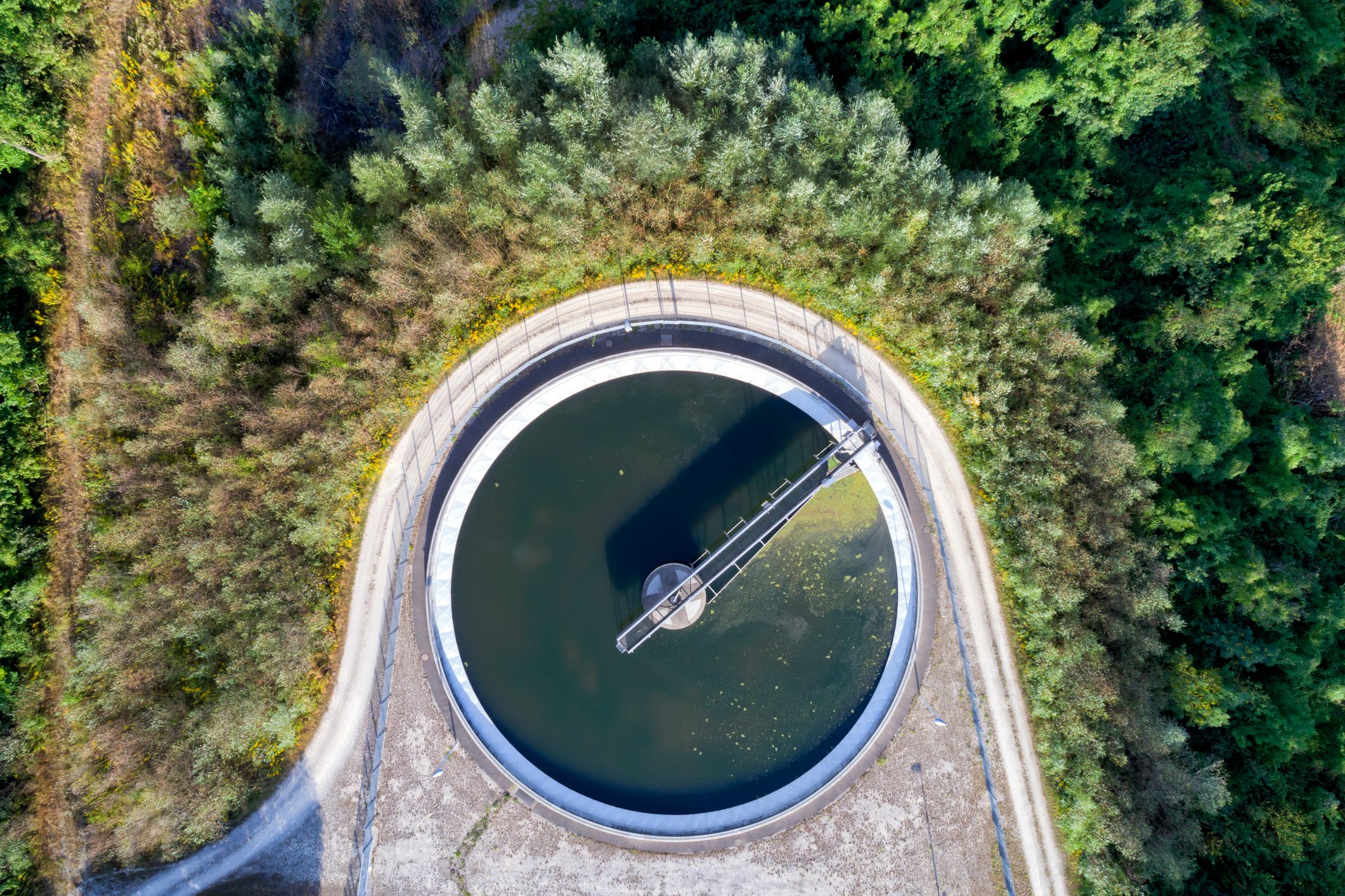Governments and environmental agencies worldwide increasingly recognize the urgent need to tackle water-related issues. For instance, the EPA emphasizes the critical role of Wastewater Treatment Plants (WWTPs) in mitigating these challenges.
With the advent of AI and Machine Learning, there's a promising pathway to navigate these issues more effectively. But what exactly is driving the need for more advanced wastewater treatment solutions?
Understanding the Need for Advanced Wastewater Treatment Solutions
WWTPs are at the frontline of environmental challenges, notably:
- Water Pollution: Industrial growth and urbanization have intensified water pollution, endangering ecosystems and public health.
- Water Scarcity: As the global population grows, the disparity between water demand and supply increases, underscoring the need for efficient wastewater management.
- Climate Change Impacts: Extreme weather events strain existing infrastructure, demanding more adaptable solutions.
- Excessive Sludge: A significant byproduct, sludge contributes to and exacerbates environmental problems, requiring more efficient dewatering strategies and management.
Emerging Technologies in Wastewater Treatment
Advanced wastewater treatment technologies, particularly AI in sludge dewatering, are pivotal. By optimizing operations, AI systems enhance efficiency and reduce costs, addressing environmental and operational challenges.
The Importance of Sustainable Practices in Wastewater Management
Beyond addressing immediate environmental challenges, advanced wastewater treatment plays a long-term role in preserving ecosystems. Implementing these methods contributes significantly to the larger environmental preservation and sustainability goal.
For example, by employing waste-to-energy technologies, wastewater facilities treat water and harness renewable energy, reducing the overall environmental impact. This holistic approach to wastewater management is crucial in maintaining the ecological balance and ensuring a healthier planet for future generations.
Regulatory Compliance and Its Impact on Wastewater Treatment
Staying updated with environmental regulations is crucial for wastewater treatment facilities. These rules, which constantly evolve, dictate how facilities should operate. Adapting to these changes often means upgrading to advanced treatment technologies.
These upgrades help meet stricter standards, avoid penalties, and enhance the facility's reputation. Ultimately, keeping pace with regulations ensures sustainable and legally compliant operations in wastewater treatment.
Tackling Environmental Challenges With Advanced Wastewater Treatment
The world faces various environmental challenges, each more pressing than the last. Climate change is accelerating, and water scarcity is becoming a more significant crisis day by day. To combat these issues, innovative and sustainable approaches are essential.
Advanced wastewater treatment emerges as a key player in this fight, offering effective and efficient solutions to some of our time's most pressing environmental concerns.
Maximizing Environmental Preservation Through Advanced Wastewater Treatment
Advanced wastewater treatment represents a significant leap beyond traditional methods, employing the latest technologies and processes to remove harmful substances and pathogens from wastewater. This elevated approach is crucial for ensuring water's safe discharge or reuse, playing a pivotal role in environmental preservation.
These advanced systems do more than just comply with rigorous regulatory standards; they actively promote environmental sustainability. By reducing water pollution and encouraging water conservation, advanced wastewater treatment becomes a cornerstone in our efforts to protect and sustain our natural world.
Leveraging Advanced Wastewater Treatment for Strategic Business Advantages
Investing in advanced wastewater treatment systems is a strategic and forward-thinking choice for industry leaders and decision-makers. This decision extends beyond simply adhering to environmental regulations; it positions early adopters as leaders in environmental responsibility.
Furthermore, the long-term economic benefits of such an investment are significant. Implementing advanced treatment methods and reusing wastewater can substantially reduce water usage, cutting down operational costs.
This not only contributes to the facility's bottom line but also aligns with sustainable business practices, creating a win-win scenario for both the environment and the water authority.
Empowering Wastewater Treatment Plant Operators: Key Players in Environmental Solutions
Wastewater treatment plant operators are central to the effectiveness of advanced wastewater treatment systems. Their expertise is vital in maintaining the efficiency and ensuring the compliance of these treatment processes.
The ability of operators to adeptly manage and utilize these sophisticated systems enhances operational effectiveness and efficiency. As a result, their role is critical in addressing and overcoming environmental challenges, positioning them as key contributors to the field of environmental sustainability.
Future Outlook: The Evolution of Wastewater Treatment
As we look toward the future, wastewater treatment is set to undergo significant evolution, driven by technological advancements and the growing need for sustainable practices. The integration of cutting-edge technologies like artificial intelligence (AI) and machine learning (ML) is poised to revolutionize this field.
Artificial Intelligence and Machine Learning
The application of AI and ML in wastewater treatment is particularly promising. These technologies can be used for predictive maintenance, which anticipates equipment failures before they occur, thereby reducing downtime and maintenance costs. Furthermore, AI and ML can optimize operations by analyzing patterns in data, leading to more efficient treatment processes and better resource management.
Advancements in Treatment Technologies
Future advancements are also expected in the treatment technologies themselves. Innovations in filtration methods, chemical treatments, and biological processes will continue to improve the efficiency and effectiveness of wastewater treatment. These advancements will enable facilities to handle larger volumes of wastewater and treat it to higher standards, which is crucial as urban populations continue to grow.
Sustainability and Resource Recovery
Another key trend is the shift toward sustainability and resource recovery. Future wastewater treatment processes will likely focus on treating water and recovering valuable resources from wastewater, such as energy, nutrients, and even potable water. This approach aligns with the global move toward circular economies, where waste is minimized and resources are reused.
Adapting to Climate Change
Finally, the impact of climate change will necessitate adaptive strategies in wastewater management. This includes designing systems that can withstand extreme weather events and incorporating treatment processes that reduce greenhouse gas emissions.
The future of wastewater treatment is marked by technological innovation, a stronger emphasis on sustainability, and a responsive approach to global challenges like urbanization and climate change. These developments are not just transforming the industry but are also crucial in ensuring a sustainable future.
To learn more about this topic, read our blog on how AI is driving innovation and compliance in wastewater treatment here.

